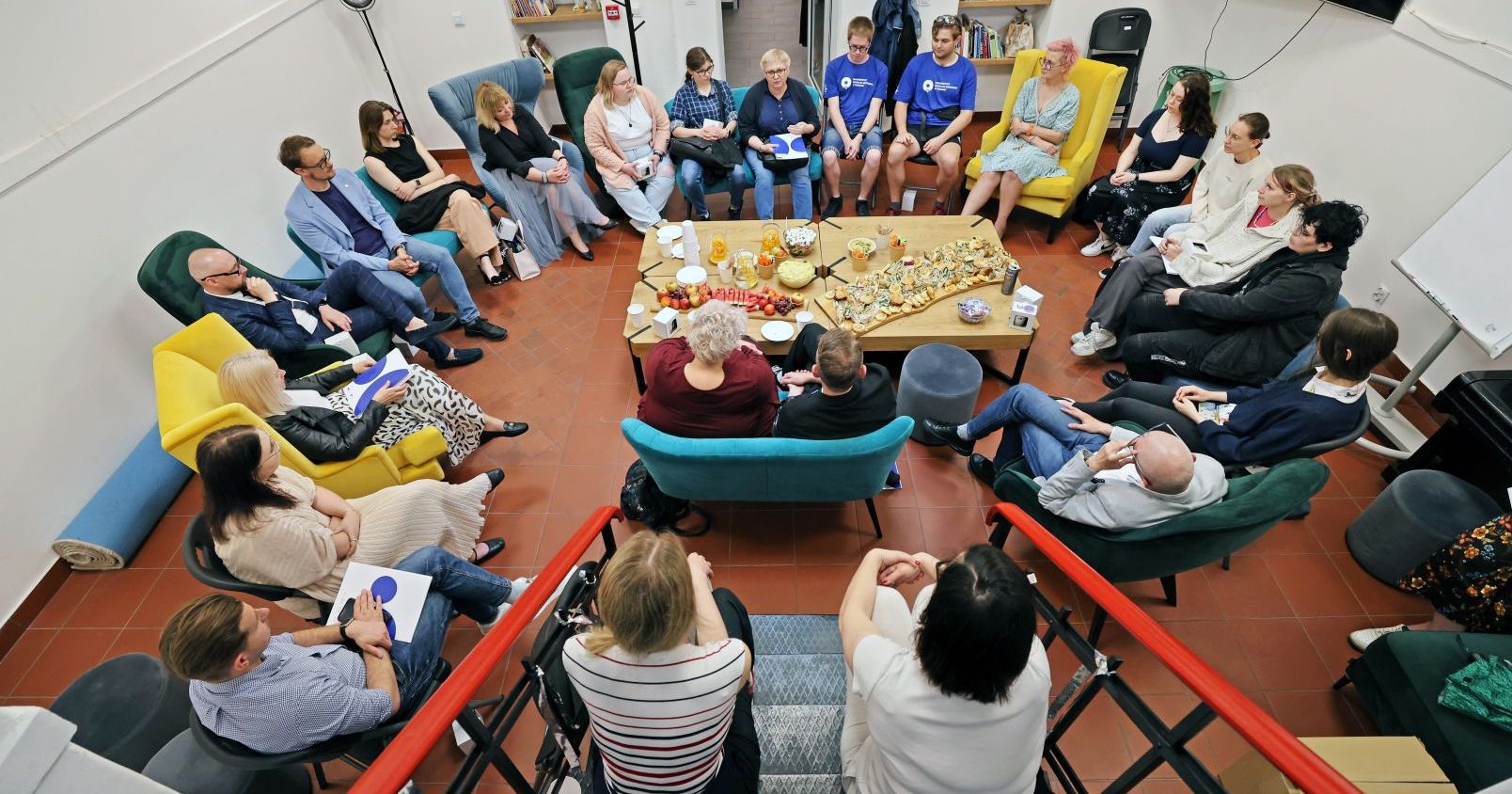 Campus life
Campus life
Student Help Desks Keep up the Pace
The NCU student help desks are not slowing down - they educate, support and inspire. In the past year, they organised dozens of training sessions and workshops, answered numerous questions from residents and successfully combined learning with practice. A wrap-up meeting at the Copernican Integration Centre was devoted to their achievements to date and their upcoming plans.
There are currently twelve student help desks at the Nicolaus Copernicus University in Toruń, which were established as part of the YUFE. Their mission is to strengthen the university's relations with the social environment and to popularise knowledge. Students supported by academic staff answer questions from the region's inhabitants, becoming experts in their fields and undertaking educational and informational activities.
An event recapitulating the activities of the help desks over the past 12 months was held on 16 June. It was attended by coordinators and students, as well as dr habil. Magdalena Barwiołek, NCU Prof., Vice-Rector for International Relations, who thanked everyone involved in the help desks network and emphasised how important their activities are for society.
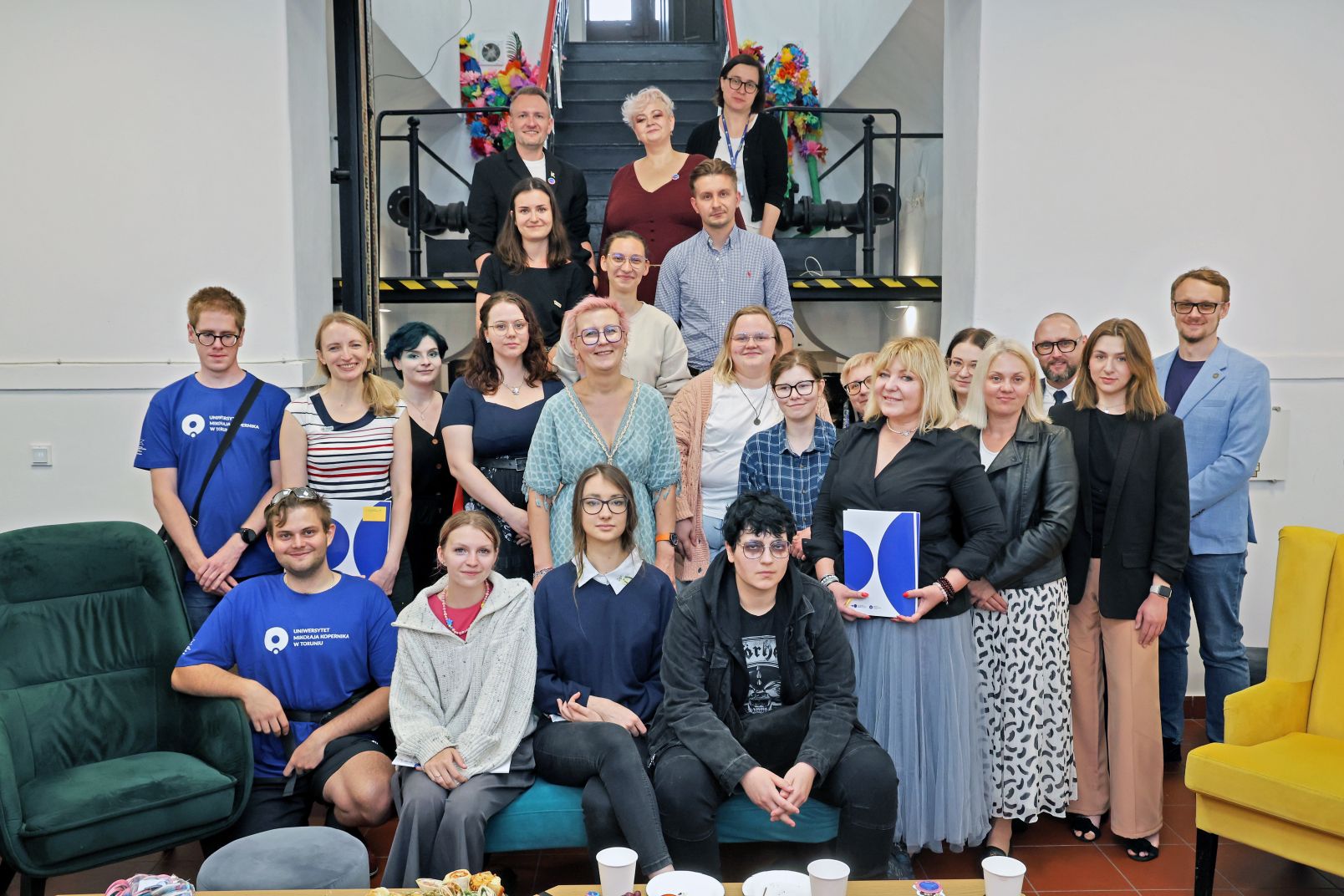
During the meeting, awards were presented and highlights of the past year's achievements were outlined. A special moment was the summing up of the grant programme, which provided financial support to the help desks to organise training, courses and workshops aimed at the local community, including, among others, elderly people and their carers, small children, and teenagers.
The coordinators and students also presented development plans and new initiatives for the next academic year.
Activities at the counselling centre are particularly important for seniors, says Aleksandra Kuchta, a student at the Faculty of Philosophy and Social Sciences who is active in the nformation Verification and Cyber-Pathology Prevention Help Desk - This year, we organised training sessions that enable elderly people to better navigate the digital space and make effective use of information that is only available online. We also conducted training sessions in technical schools in Włocławek.
Weronika Retel, a student at the Faculty of Humanities, also spoke, representing the newly-established Oratory Help Desk: - Our help desk has been operating since the middle of the academic year. We have already organised three training sessions for secondary school students and workshops on voice production. We have many plans for the coming months and are enthusiastic about getting down to business.
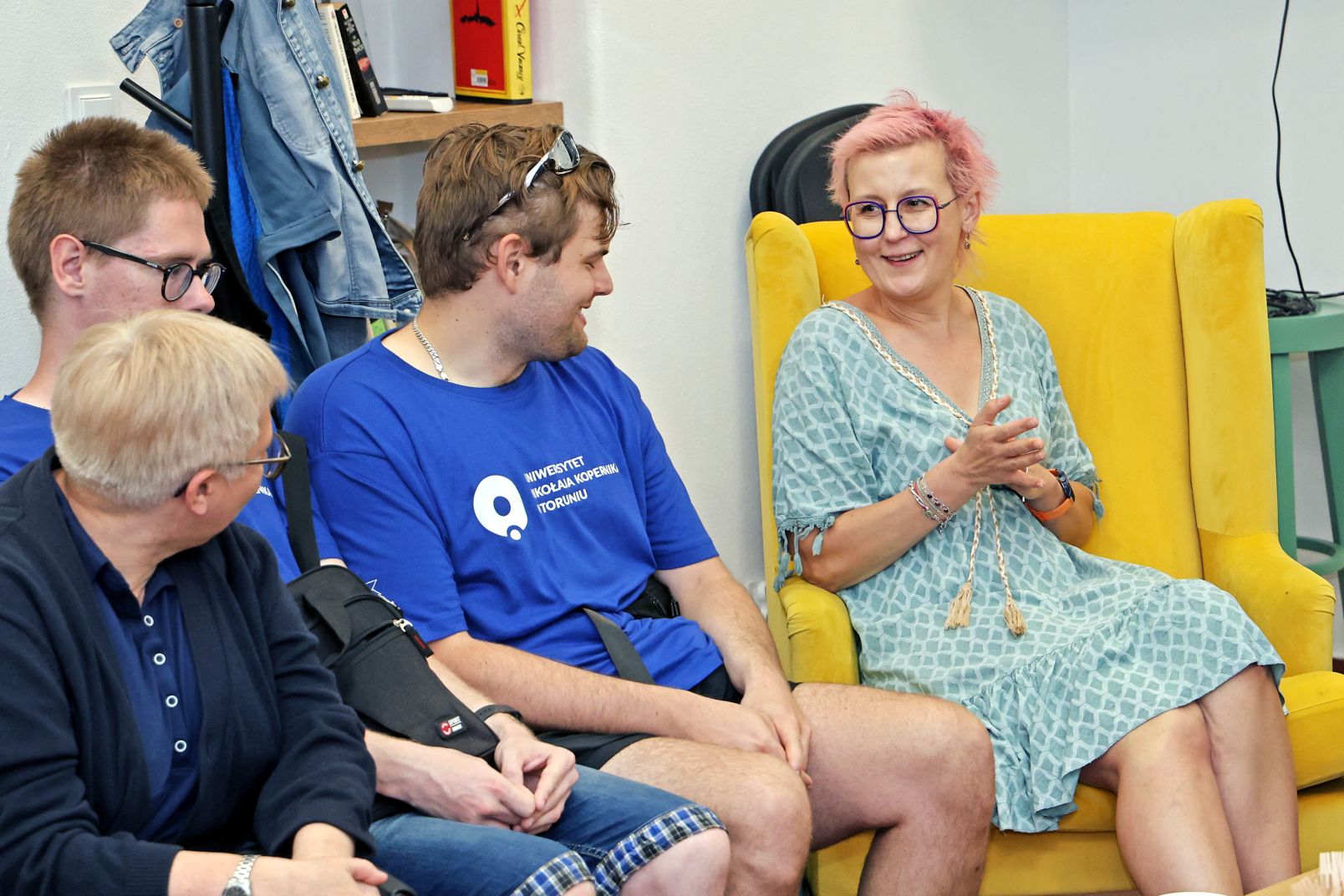
The meeting was also attended by people representing, among others, the Healthcare Help Desk operating at the NCU Collegium Medicum in Bydgoszcz. Dr Milena Wojciechowska presented the importance of training organised for carers of the elderly. In turn, the Help Desk for Teaching and Methodology of New Technology-Assisted Learning under the supervision of dr habil. Dorota Siemieniecka, NCU Prof., which develops its activities in the field of education, organised a seminar aimed at parents of children using new technologies, offering them support and practical tips.
During the meeting, it was repeatedly emphasised that the activities of the help desks not only have an educational dimension, but also a real social impact - they support local communities and enable students to gain valuable experience.
– Counselling activities are also a form of professional training, notes dr Katarzyna Kubiak-Wójcicka from the Faculty of Earth Sciences and Spatial Planning, coordinator of the Water Management Help Desk. - Students respond to real-life enquiries from residents, learning how to work with other people and gaining experience that will pay off in the future.
– Meetings such as today's are extremely important, adds dr habil. Tomasz Oczkowski, NCU Prof. from the Faculty of Law and Administration, coordinator of the Legal Help Desk. - They allow students and coordinators not only to share their experiences, but also to better understand the needs of the local community with which they work on a daily basis.
It is worth noting that this year, those involved in student help desks also participated in large numbers in the Toruń Festival of Science and Arts, where they had the opportunity to share their knowledge.
The coordinators unanimously emphasise that the key direction of activities remains an active presence among the community, and with this approach they look forward to another challenging year.
 NCU News
NCU News






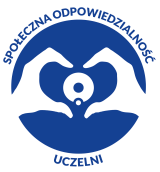
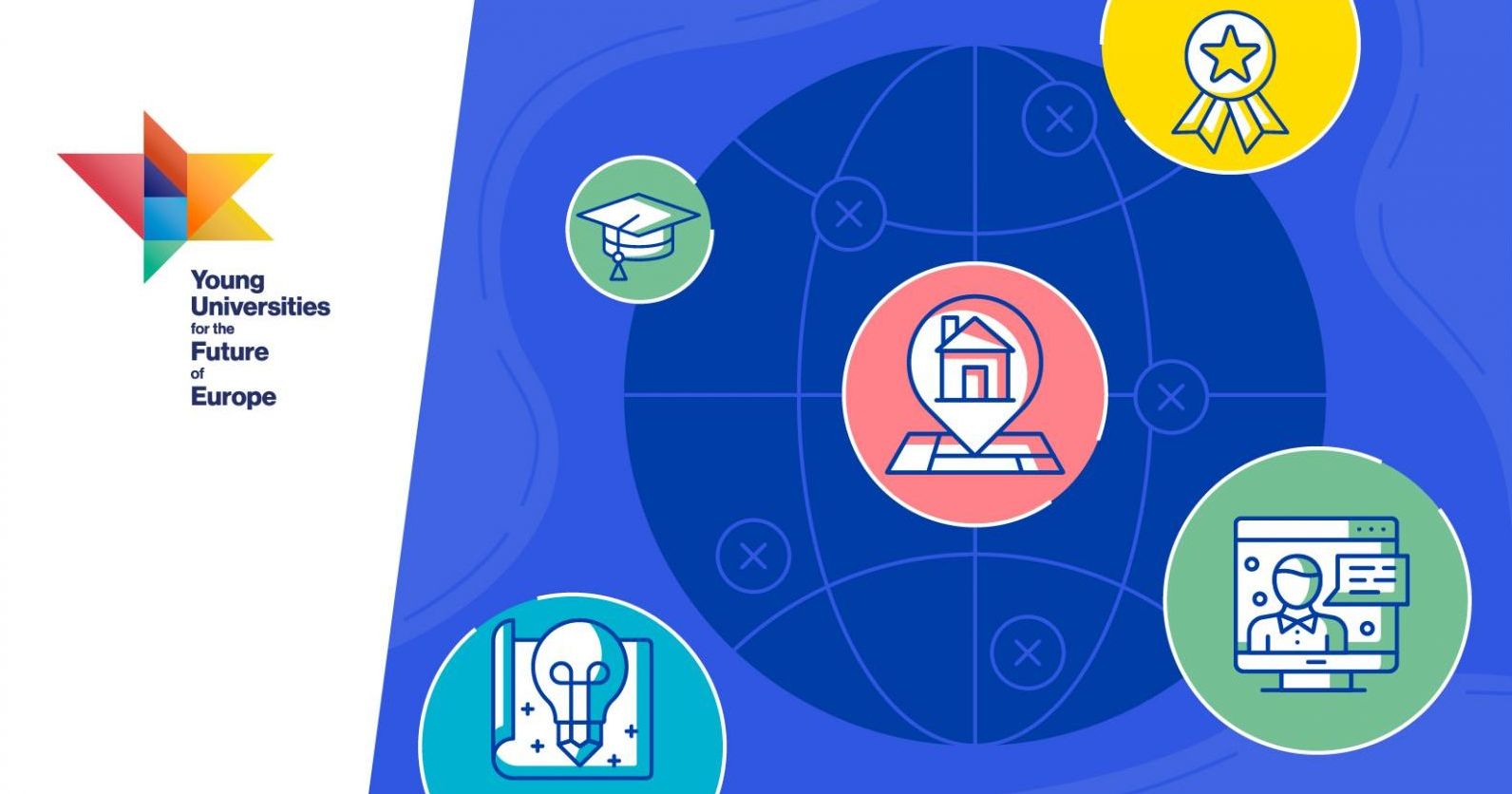 Campus life
Campus life